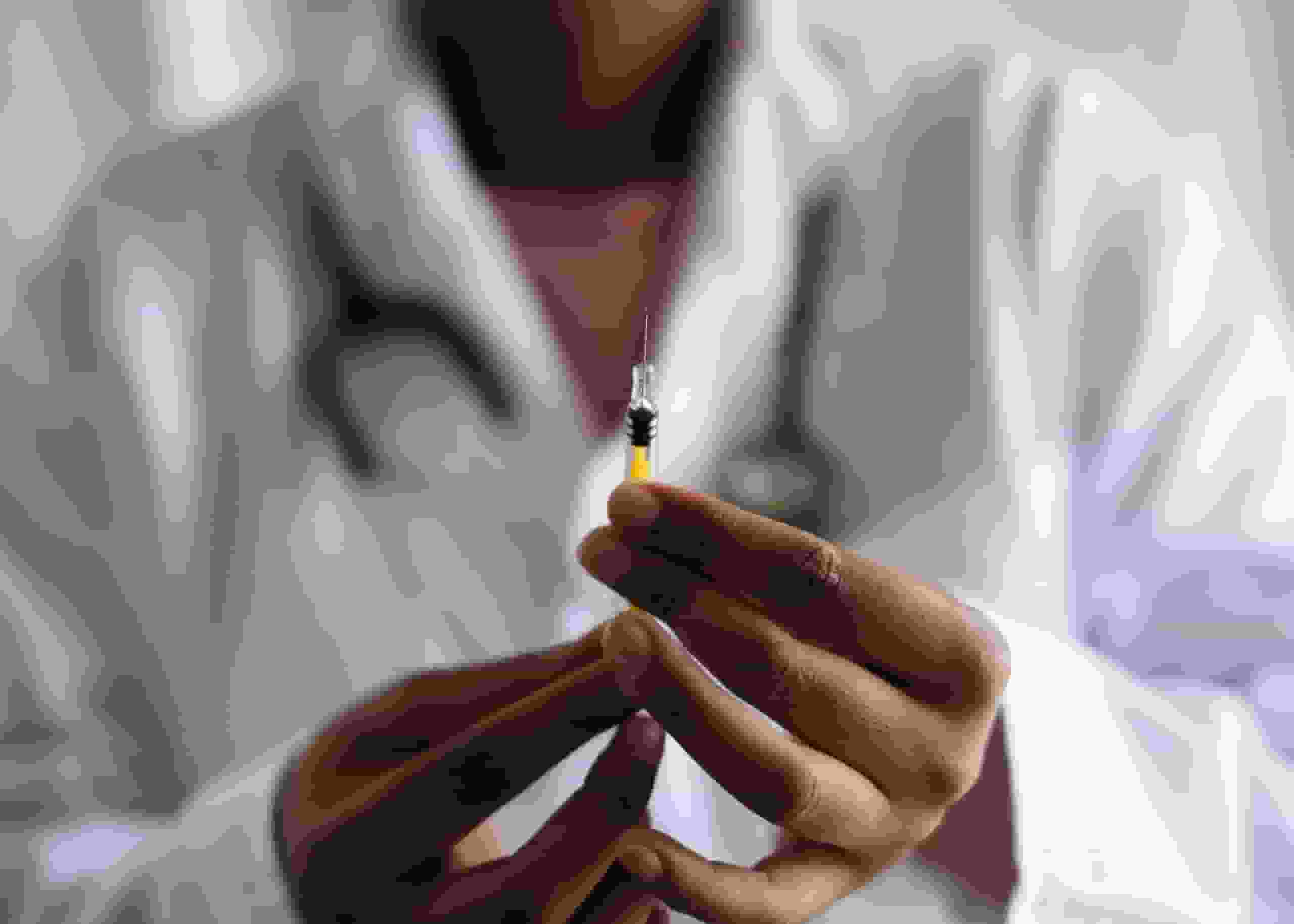
The results of a 10-year clinical trial indicate that a novel treatment should train the immune system to target breast cancer.
The vaccine developed by scientists should work by training the body to create a specific form of immune response to the HER2 protein, which is naturally prevalent in many cells but is overproduced by approximately 30% of breast tumors.
According to the notion, this response, known as a cytotoxic (cell-killing) response, will target these malignancies while causing no harm to the body.
Why Is Breast Cancer Vaccine A Success?
The vaccination showed no signs of major long-term health hazards in the trial, with the most common adverse effects being acute and short-term symptoms such as redness at the injection site and fever.
The volunteers also developed the immunological responses that experts thought would result from the immunization.
After ten years, about 80% of the vaccinated women were still alive, much exceeding the 50% five-year survival rate generally seen in persons with comparable malignancies.
There have recently been significant advances in the science of immunotherapy—medicines aimed to increase the immune system’s defenses against cancer. There are currently licensed medications that remove checkpoints that prevent immune cells from targeting certain cancers, as well as treatments that genetically alter T-cells into powerful cancer assassins.
Vaccines now in development are projected to be more effective in general and capable of treating a wide range of malignancies. And they may be able to target not only hardy tumors that are likely to reoccur but also ones that haven’t yet developed.
The HER2 vaccine created by Nora Disis, the project’s chief researcher and head of the University of Washington Cancer Vaccine Institute, and her colleagues is not the only one being researched at the UW Cancer Vaccine Center, but it is the most advanced in human trials. In many respects, it’s the conclusion of Disis’s 30 years of hard effort.
Read more: Breast milk promotes brain development in premature babies
What’s Next?

The team is already undertaking Phase II studies of the HER2 vaccination and two other breast cancer candidates. They’ve also created test vaccinations for ovarian, colon, lung, bladder, and prostate cancers.
Disis expects that a therapeutic cancer vaccine will be available to the public within the next five years.
Read more: Florida train carrying 30,000 gallon propane derails in a new wave of environmental concerns

